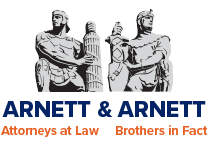Sun
Appt. only
Mon
9:00 AM - 5:00 PM
Tue
9:00 AM - 5:00 PM
Wed
9:00 AM - 5:00 PM
Thu
9:00 AM - 5:00 PM
Fri
9:00 AM - 5:00 PM
Sat
Appt. only
